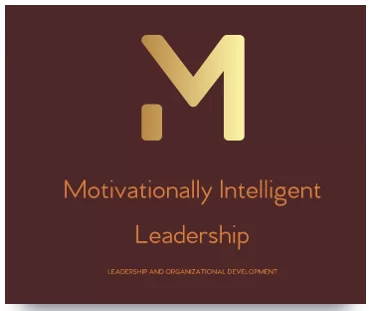I have already posted about emotional intelligence (EI), as have many experts in various fields of endeavor. I have also recently discussed how engaged interaction and EI combine to foster success. Engaged interaction employs flexible, full-range communications to ensure that all parties listen, hear, and understand, and that all parties continue the interaction until shared understanding is achieved. Success in these areas can deliver career success, helping leaders and teams build a collaborative culture, emphasize everyone’s strengths, and work to improve weaknesses.
Now I wish to share with you motivationally intelligent leadership, which starts with emotional intelligence. This helps leaders learn and master six leadership styles: coercive, authoritative, affiliative, democratic, pacesetting, and coaching according to experts in this area. Paying attention to your and to the emotions of others can save time by directing energies more effectively and by expanding opportunities throughout the organization.
Teams can employ strategic flexibility to drive intentional changes and adapt to environmental influences. Strategic flexibility is changing the message in response to internal and external influences to increase the chances that the message will achieve its desired result. There are several steps: (1) Assess the situation; (2) Evaluate the communication environment; (3) Use various skills (tone of voice, gestures, expressions, body language, etc.); (4) Be creative; (5) Don’t be afraid to adapt or change; and (6) Reassess and reevaluate.

